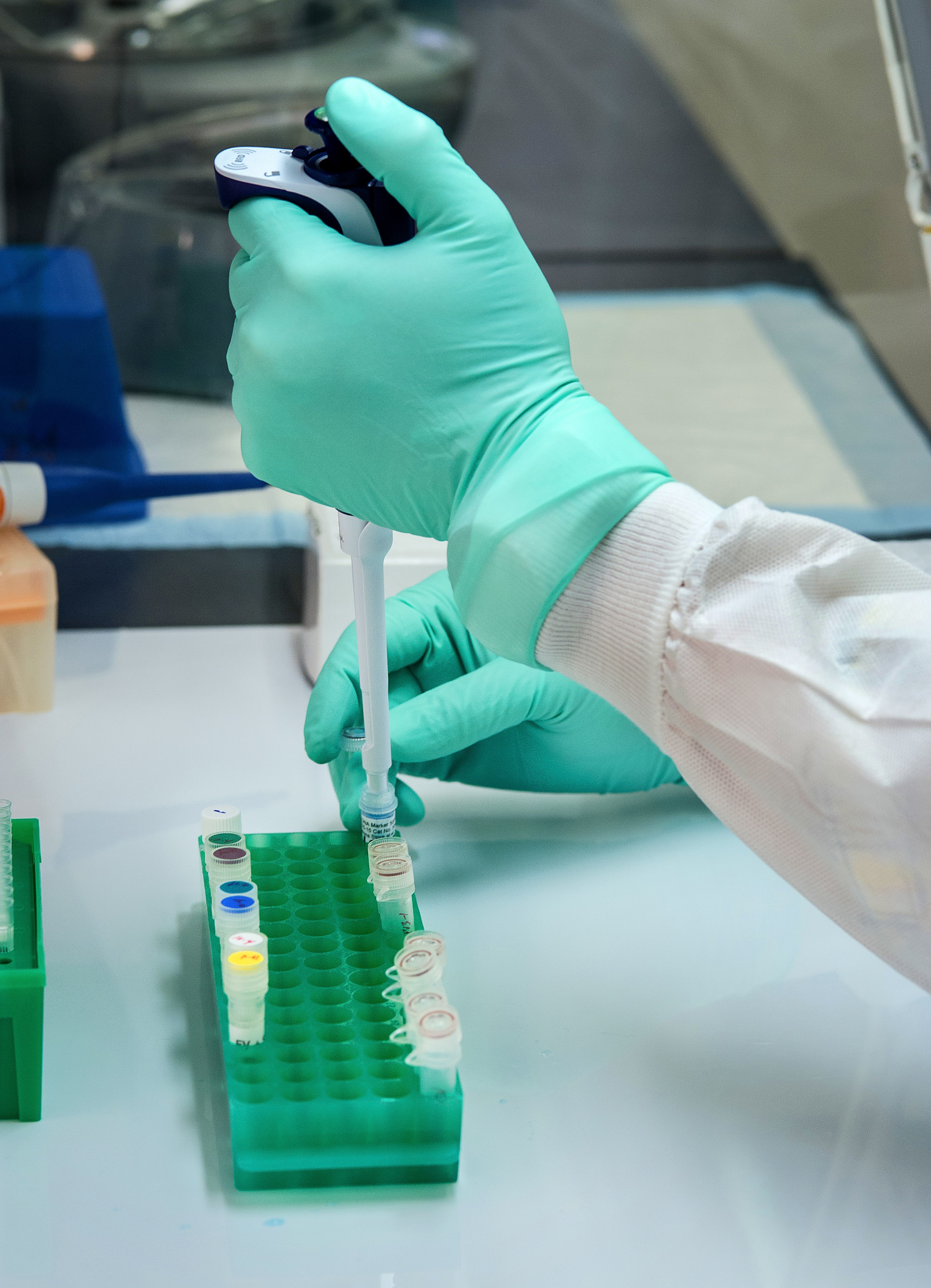The Realities of Race in Assisted Reproduction
By Melissa Harris-Perry,
WNYC Studios
| 11. 17. 2022
Assisted reproduction clinics have seen a sharp rise in the number of Black folks seeking their services during the pandemic. But many face a barrier even before pregnancy that they weren’t even aware of: a shortage of Black sperm donors.
For many, having a Black donor is a primary concern in building families that reflect their cultures and identities. And while the best current scientific evidence indicates there’s no genetic basis for the idea of race, that doesn't mean it doesn't matter to people when they are building their families — especially when they’re using assisted reproductive technologies.
We speak with Dr. Camisha Russell, associate professor of philosophy at the University of Oregon and author of the book “The Assisted Reproduction of Race.”
We're also joined by Regina Townsend, founder of The Broken Brown Egg, an infertility support community for Black individuals and families. And, we hear from a Black man who donated sperm on what creating a Black family means to him.
Related Articles
By Diaa Hadid and Shweta Desai, NPR | 01.29.2026
MUMBRA, India — The afternoon sun shines on the woman in a commuter-town café, highlighting her almond-shaped eyes and pale skin, a look often sought after by couples who need an egg to have a baby.
"I have good eggs,"...
By Steve Rose, The Guardian | 01.28.2026
Ed Zitron, EZPR.com; Experience Summit stage;
Web Summit 2024 via Wikipedia Commons licensed under CC by 2.0
If some time in an entirely possible future they come to make a movie about “how the AI bubble burst”, Ed Zitron will...
By Arthur Lazarus, MedPage Today | 01.23.2026
A growing body of contemporary research and reporting exposes how old ideas can find new life when repurposed within modern systems of medicine, technology, and public policy. Over the last decade, several trends have converged:
- The rise of polygenic scoring...
By Daphne O. Martschenko and Julia E. H. Brown, Hastings Bioethics Forum | 01.14.2026
There is growing concern that falling fertility rates will lead to economic and demographic catastrophe. The social and political movement known as pronatalism looks to combat depopulation by encouraging people to have as many children as possible. But not just...




